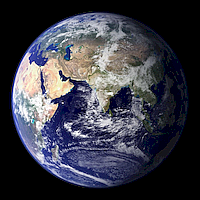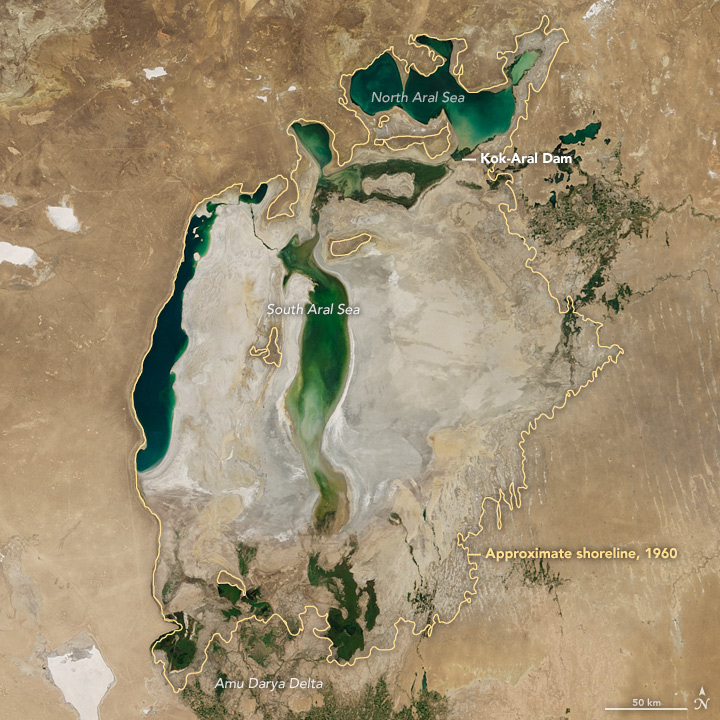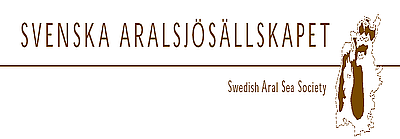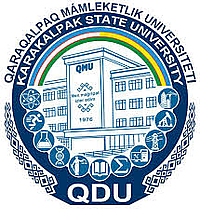
25 years with the Swedish Aral Sea Society
Sustainable Development and Sustainability Science Course
 The Master of Science level academic course Sustainable Development and Sustainability Science (SDSS) starts the 19 February 2025.
The Master of Science level academic course Sustainable Development and Sustainability Science (SDSS) starts the 19 February 2025.
The online course has been developed by the Swedish Aral Sea Society in cooperation with Uzbek academic research colleagues and gives an overarching introduction to the Sustainable Development challenges and a scientific view on how to approach them.
The International Students Conference planned for the 7 April is delayed. Final date will be decided later.
The latest lectures:
Lecture 14: The Process of Individual Change (mp4)Lecture 14: The Process of Individual Change (pdf)
Lecture 13: Sustainable Lifestyles and the Dilemma of Economic Growth (mp4)
Lecture 13: Sustainable Lifestyles and the Dilemma of Economic Growth (pdf)
See also: BUP Sustainable Development Course: Chapter 10: Economy and Sustainable Development.
See the page Lectures and Presentations 2025 for previous lectures.
SASS celebrates 25 years, 2025, with two meetings.
On February 12 at 18.00 members and other interested parties met for a meeting and lectures at the School of Economics, Sveavägen 65, Stockholm.
January 23 an online conference on Implementing Education for Sustainable Development in Higher Education” was arranged.
Information and presentations from the conference are available at the Conference Materials page.
Join Us!
More members mean more possibilities
Become a member of the Swedish Aral Sea Society now or renew your membership. The membership fee for 2025 is SEK 200 and is paid into Plusgiro 354165-3. Don't forget to state your name and preferably also your e-mail address as a message from your internet bank or on the payment card.
The Aral Sea
The drying up of the Aral Sea is a monumental killing blow to nature, caused by man and a predatory exploitation of limited water resources in Central Asia. The Swedish Aral Sea Society (SASS) works to spread information about the Aral Sea and the environmental disaster and work for democracy and development in the area.
Today, the lake is divided into several smaller lakes. Only the northernmost "Lesser Aral Sea" now has water inflow and can again produce fish. The other lakes have such a high salt content that they cannot contain any life. The situation for the people and animal species that live around the former Aral Sea shores is getting worse. Many of us have seen the strange and scary pictures of big fishing boats that have stranded and remained in a huge sand desert. The human tragedies that follow in the wake of the disaster have not been shown as clearly. Unemployment, poverty, and disease have taken over in the former booming coastal landscapes. Large amounts of dried salt, fertilizer, and pesticides that have accumulated over numerous decades today are spreading with the wind and thus poisoning the soil, the air, and the groundwater. Fishing has disappeared, factories have been shut down, schools and health care have been depleted.
We do not yet know the full range of damages to the ecosystem or the effects they have on food, drinking water and the spread of diseases that follow in the path of poverty and environmental degradation. Women and children are the hardest hit. Child mortality is among the highest in the former Soviet Union. Few children are born today completely healthy and well-made. Virtually all toddlers are anaemic. Anaemia is also common in pregnant women, and therefore childbirth is often complicated.

The Aral Sea in August 2017 compared with 1960.
Photo: NASA Earth Observatory image by Jesse Allen, using Terra MODIS data from the Land Atmosphere Near real-time Capability for EOS (LANCE) and Landsat data from the U.S. Geological Survey.



